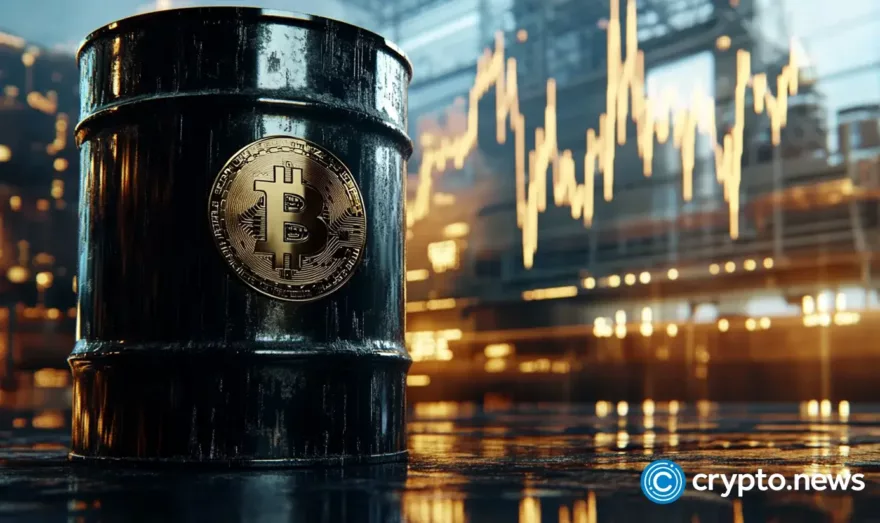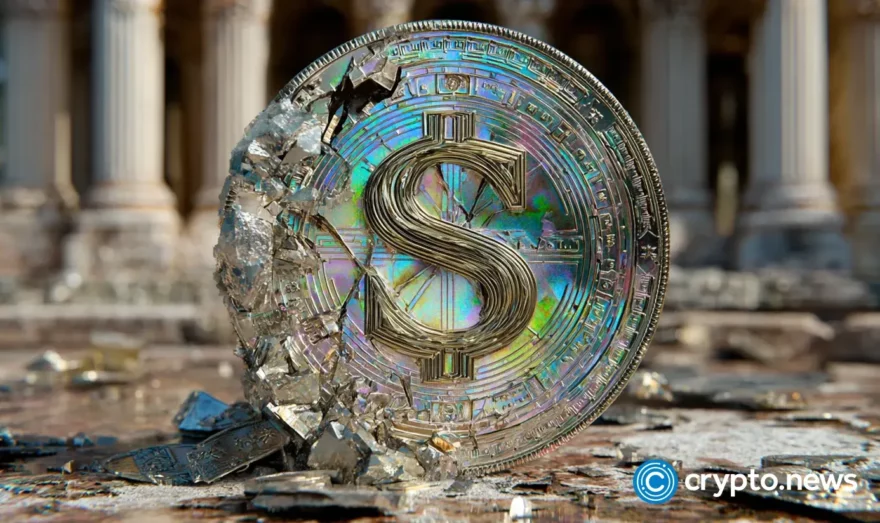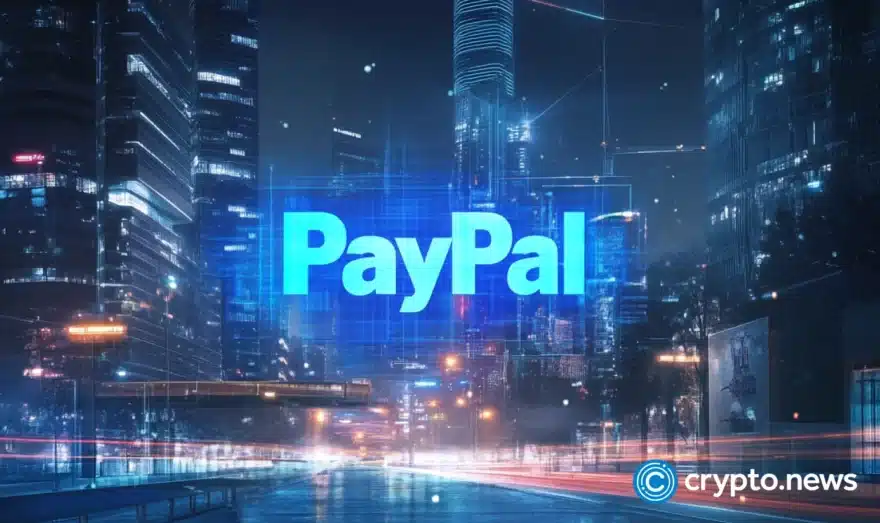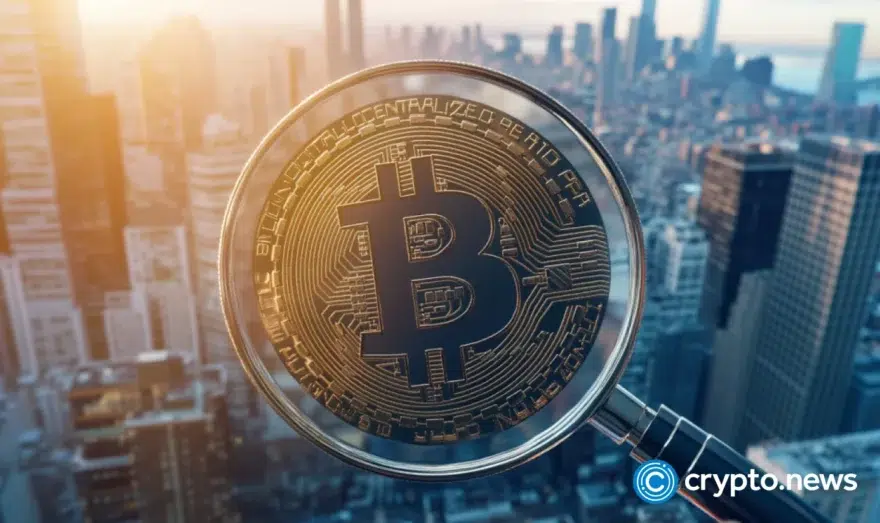PayPal’s Move to Crypto Is not What it Seems, Here’s the ‘Catch’
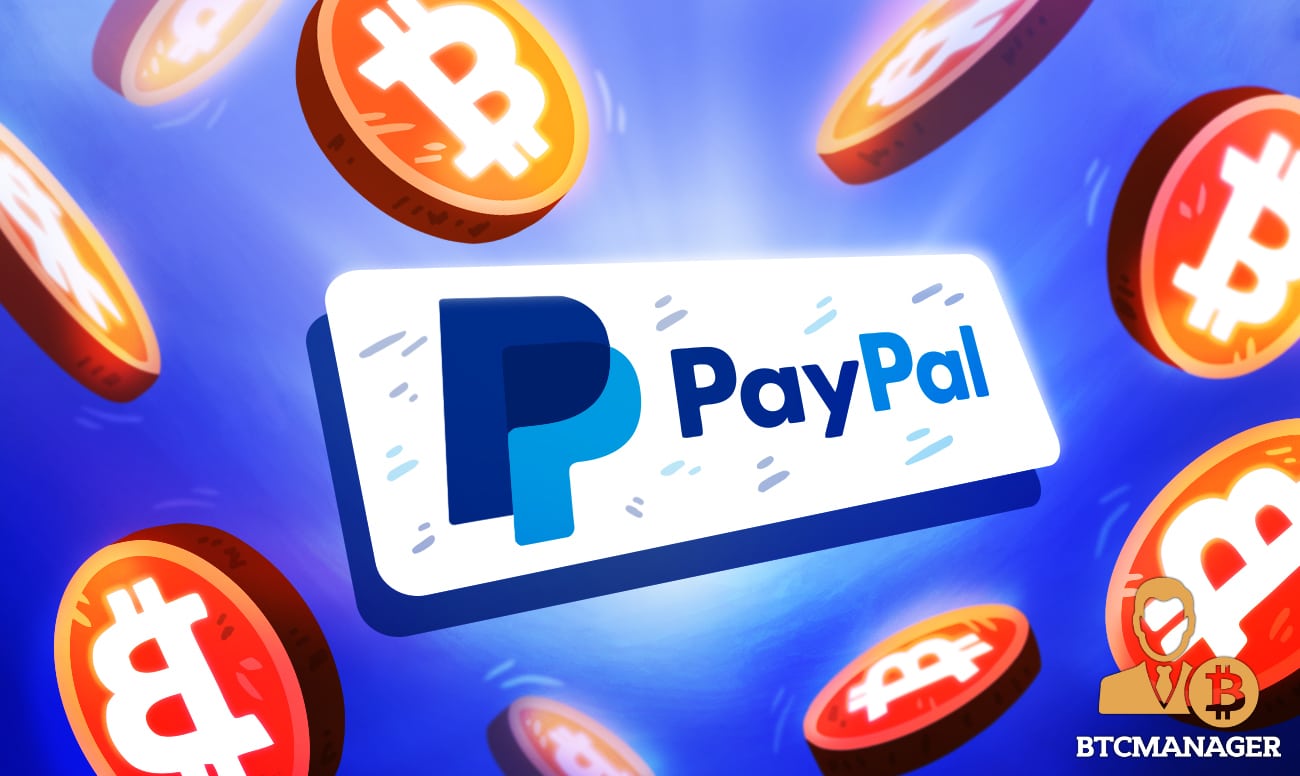
Leading online payment processor PayPal confirmed on Oct 21 that it will offer cryptocurrency buying, selling, and storage services. Initially available for US customers, Paypal will offer the facility for Bitcoin, Ethereum, Bitcoin Cash, and Litecoin. However, there are concerns that the custodial service is stripping Bitcoin and other cryptocurrencies of their salient features, especially the ones which make them what they are.
An Open Prison Structure
Today, we are announcing the launch of a new service that will enable customers to buy, hold and sell #Cryptocurrency directly from their PayPal account. https://t.co/QS6JRmG9hs pic.twitter.com/uHBatfZkbF
— PayPal (@PayPal) October 21, 2020
The move is likely to significantly increase cryptocurrency legitimacy, adoption, and usage, by introducing crypto to millions of people and bring new money to the field. Therefore, while the crypto community was jubilant at the news, the devil lies in the details. Let’s dive in to find out as to what the “catch” is regarding PayPal’s service.
Despite the service insisting that users control their purchased crypto-assets on PayPal, it won’t allow them control over the “private key”. The private key is the most critical instrument in proving ownership to an account holding crypto-assets. As such, it’s absence signifies that users have the illusion of control, rather than actually having any.
Buy, But Not Send; Sell, But Not Transfer
To make matters worse, users can’t send their crypto funds elsewhere nor request it to their account. There’s also no option to withdraw funds to an external cryptocurrency wallet. The buying and selling take place strictly within the PayPal platform.
OK, we can forget this Paypal "news".
"Crypto in [the Paypal] account cannot be transferred to other accounts on or off PayPal."
So, this is all a big PayPal nothing burger, just entries in a central PayPal database, nothing to do with #bitcoin pic.twitter.com/cHGQIEdHaL
— PlanB (@100trillionUSD) October 21, 2020
Currently, cryptocurrency balances can’t be used as a form of payment or funding source for purchases. PayPal expects to roll out this functionality later. Initially, the platform will serve as a highly restrictive crypto trading/holding facility only. The impression given by PayPal is that of restricting access to core functionalities to abide by laws and regulations.
However, analysts have noted that it has more to do with PayPal wanting to have the whole cake to themselves since users acquiring crypto can’t sell it elsewhere besides PayPal. The buying takes place there too. Even though the service claims that they aren’t going to charge any transaction or holding fees, they have stated that they are going to profit from the spread or margin from the crypto providers they are acquiring from.
All in all, these restrictions are in conflict with the popular crypto adage, “not your keys, not your Bitcoin.“


